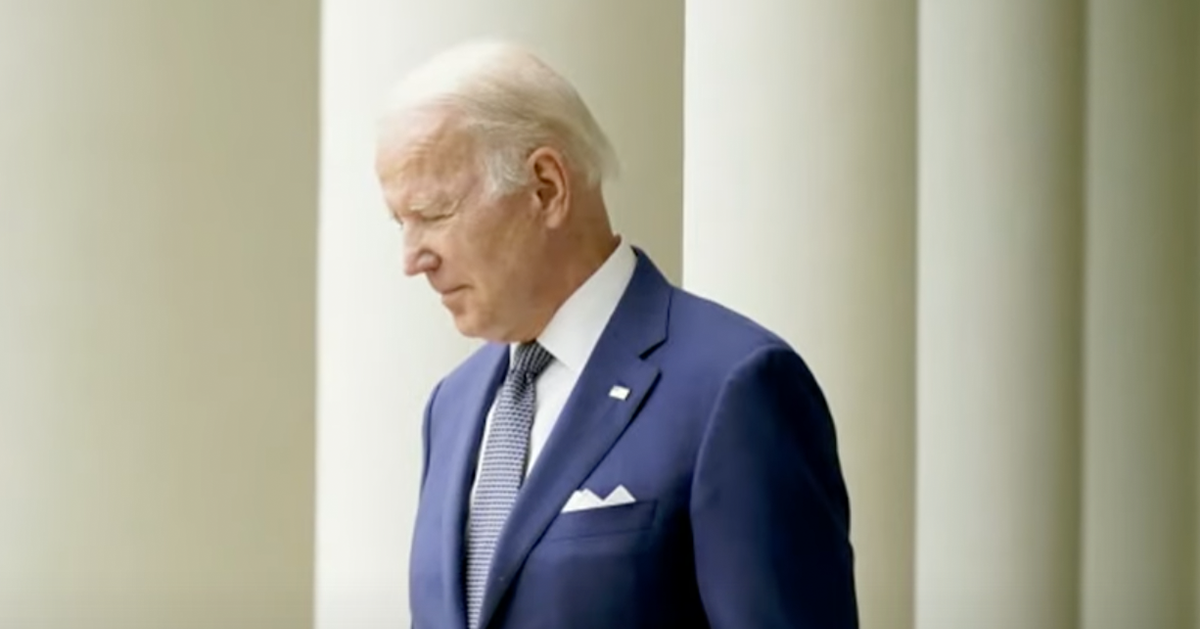Arizona Court Orders Release Of Noncitizen Voter List
A recent ruling in Arizona from the Superior Court of Maricopa County has directed officials to release a list of noncitizens registered to vote, marking a significant legal development.
America First Legal (AFL) achieved a legal victory with the court's recent decision to grant access to a list of registered noncitizen voters in Maricopa County, as Breitbart reports.
The court's decision follows a lawsuit filed by AFL against Maricopa County Recorder Steven Richer, asserting that the law requires the removal of noncitizens from voter rolls under Arizona's public records statute.
The court primarily focused on transparency and public access to voter registration records. The central issue was whether these records, specifically those regarding noncitizens, should be made public according to state law.
Controversy Surrounding Voter Roll Maintenance
AFL took legal action in August, challenging the county's handling of voter rolls. The lawsuit raised questions about election integrity, particularly concerning noncitizen registrations. AFL hailed the court's decision to release the records as a "huge win," emphasizing the importance of maintaining accurate voter rolls.
The Arizona Superior Court underscored the significance of transparency in its ruling, clarifying that the matter at hand was strictly about public records accessibility. This ruling was not about the broader implications for voting rights or the legality of noncitizen registrations.
Secretary of State Adrian Fontes was a key figure in the proceedings, testifying about the state's voter registration system. During his testimony, Fontes addressed the existence of a list of approximately 218,000 registered voters potentially affected by a system error.
Discrepancies and Communication Challenges
Fontes indicated that he had a partial list of around 98,000 voters who had not supplied proof of citizenship. He explained the absence of a comprehensive list, attributing the confusion to unclear language in a government press release and hasty drafting.
Contradictions in Fontes' testimony added complexity to the case. Initially, he denied having specific voter data, only to later acknowledge having partial information. This inconsistency was highlighted by Fox News and became a point of contention during the trial.
The court viewed this testimony carefully, mindful of the critical role accurate and transparent information plays in public trust and election integrity. The court's ruling demands that comprehensive voter information be made available, in compliance with public records laws.
Federal And State Voting Requirements
Arizona's voter registration system is designed to distinguish between those who have provided proof of citizenship and those who have not. This separation aligns with a U.S. Supreme Court decision, which stipulates that proof of citizenship is unnecessary for federal voter registration, though states can impose their own requirements for local elections.
According to AFL's lawsuit, over 35,000 registered voters as of April lacked proof of citizenship, and, therefore, are only permitted to participate in federal elections. This distinction is central to the debate over voter registration practices in Arizona.
America First Legal has been vocal about their victory, using social media platforms to underscore the court's decision. Their posts reiterated the need for the Secretary of State to deliver the complete list of unverified voters ahead of the upcoming election deadline.
Concerns About Election Integrity
The impending election adds another layer of urgency to this issue, as early voting continues across the country. As of Oct. 25, around 30 million votes were reportedly cast through early voting, with data sourced from the University of Florida’s Election Lab.
With the election approaching, candidates are taking strong stances on various issues. Kari Lake, a candidate for the Senate, remains confident in her support from Arizona Democrats, anticipating significant backing for both herself and former President Donald Trump.
Despite the ongoing court case and political rhetoric, the precise impact of the court's decision remains to be seen. Election officials and watchdog groups alike stress the importance of maintaining integrity and ensuring that all registered voters meet the legal criteria to participate in elections.
Broader Implications For Future Elections
As the Maricopa County case demonstrates, the intersection of election law and voter registration is complex, highlighting the need for clarity and transparency in the administration of elections. The outcome of this case could have lasting implications not only for Arizona but also for other jurisdictions grappling with similar challenges.
The recent ruling has sparked discussions about the role of public records in maintaining fair elections. Ensuring that voter rolls accurately reflect eligible voters is a fundamental aspect of the electoral process, one that continues to evolve under scrutiny.
As election day approaches, all eyes will be on the developments in Maricopa County, with stakeholders on both sides of the issue anticipating the impact of this pivotal legal decision. The balance between public access to information and the integrity of voter registration processes remains a critical topic in the ongoing debate over electoral reform.





